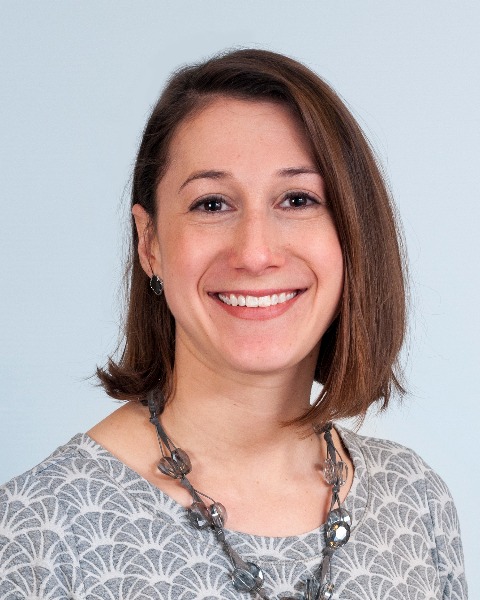Symposia
Technology/Digital Health
2 - (SYM 33) Predicting Response to a Smartphone-based Cognitive-behavioral Therapy for Body Dysmorphic Disorder
- JG
Jennifer L. L. Greenberg, Psy.D.
Psychologist/Assistant Professor
Massachusetts General Hospital/Harvard Medical School
Boston, Massachusetts, United States 
Hilary Weingarden, Ph.D. (she/her/hers)
Psychologist/Assistant Professor
Massachusetts General Hospital
Boston, Massachusetts, United States- SH
Susanne S. Hoeppner, Ph.D., M.Ap.Stat.
Biostatistician epidemiologist
Massachusetts General Hospital
Boston, Massachusetts, United States - RB
Rebecca Berger-Gutierrez, B.A.
Clinical Research Coordinator
MGH/Harvard Medical School
Boston, Massachusetts, United States - DK
Dalton Klare, M.A., M.S. (he/him/his)
Data Analyst/Clinical Data Manager
Massachusetts General Hospital
Boston, Massachusetts, United States - IS
Ivar Snorrason, PhD (he/him/his)
Staff Psychologist
Massachusetts General Hospital / Harvard Medical School
Boston, Massachusetts, United States - OC
Omar Costilla-Reyes, PhD
Research Scientist
MIT
Cambridge, Massachusetts, United States - MT
Morgan Talbot, MD/PhD Candidate
Graduate Student
MIT
Cambridge, Massachusetts, United States - KD
Katharine Daniel, MA
Clinical Fellow
MGH/Harvard Medical School
Boston, Massachusetts, United States - RV
Rachel Vanderkruik, PhD
Psychologist
MGH/Harvard Medical School
Boston, Massachusetts, United States - AS
Armando Solar-Lezama, PhD
Professor
MIT
Cambridge, Massachusetts, United States - OH
Oliver Harrison, MA, MBBS, MPH
CEO
Koa Health
Barcelona, Catalonia, Spain .jpg)
Sabine Wilhelm, Ph.D. (she/her/hers)
Professor, HMS; Chief of Psychology, MGH; Director, Center for Digital Mental Health, MGH
Harvard Medical School
Boston, Massachusetts, United States
Speaker(s)
Co-author(s)
Background: Body dysmorphic disorder (BDD) is a severe, chronic disorder if untreated. Smartphone cognitive behavioral therapy (CBT) for BDD is efficacious and can reduce key treatment barriers (e.g., lack of clinicians, cost, stigma). While promising, little is known about who is more or less likely to benefit from this approach.
Methods: This is a secondary data analysis of a randomized, waitlist-controlled trial of smartphone CBT for BDD. Participants (N=80) were recruited nationally and randomized to receive a 12-week, coach-guided CBT for BDD app, either immediately or after a 12-week waitlist. The main outcome for this analysis was BDD severity (BDD-YBOCS) over time (baseline, week 6, week 12) during the active app use phase in each randomized group (n=74). Secondary outcomes included treatment response (>30% reduction in BDD-YBOCS) and remission (total BDD-YBOCS ≤16) at end-of-treatment.
Results: Immediate (vs. delayed) CBT predicted better outcomes (symptom improvement), as did gender identity (symptom improvement), higher baseline treatment credibility and expectancy (response, remission), lower baseline BDD severity (remission), and sexual minority status (vs. heterosexual; response, remission). Limitations: Limitations include the relatively small sample, drop-out rate of 22%, and limited gender and racial-ethnic diversity.
Conclusions: These results highlight a potential advantage of smartphone CBT in historically marginalized populations, and the importance of efforts to hasten treatment access, bolster confidence in the treatment at treatment onset, and develop stratified care models to optimize treatment allocation and efficacy.

.png)
